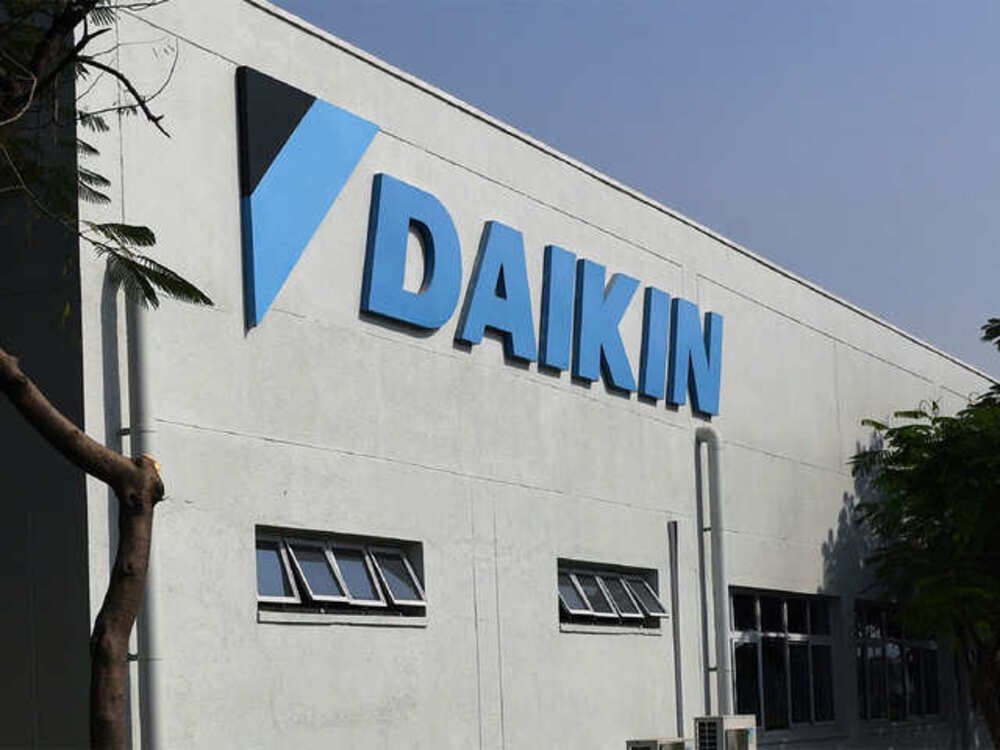HIGHLIGHTS
- Because of the Omicron outbreak, numerous vehicle manufacturers had to restrict production and lose several commercial opportunities.
- Nursing homes in Japan are also facing a workforce shortage because many nurses are required to perform covid isolation.
- When the Japanese government decided to reduce the recommended quarantine period for those who had been in close contact with COVID-19 cases from 14 days to 10 days, businesses took precautions to protect labor safety.
FULL ARTICLE
Many businesses are stumbling due to a labor shortage
On January 14, Japan had 20,000 new cases of COVID-19 in a single day, breaking the previous record set on September 1, 2021.
According to Bloomberg, one automaker’s CEO said: “Since last year, we have had to decrease production owing to the COVID-19 pandemic, thus the new variation Omicron spread strongly causing us to lose many business opportunities.”
In addition, nursing homes in Japan are experiencing a staffing crisis. The situation worsened when the nurses were forced to isolate because of the COVID-19 outbreak. United Airlines and other US airlines are also affected by the recurrence of the covid epidemic. Due to a pilot shortage, many flights have been cancelled.

“The pandemic-related shortage of production parts has not yet totally subsided. If workers are laid off and factories are shut down, we will not be able to recover those losses in the current fiscal year,” an executive of an equipment manufacturer said.
What are the solutions to the labor shortage?
When the Japanese government decided to reduce the recommended quarantine period for those who had been in close contact with COVID-19 patients from 14 days to 10 days, businesses took several measures to make sure that they could continue to provide necessary services.
Daikin, Japan’s major air conditioner company based in Osaka, has asked its employees to limit social events beginning in October 2021. Several other corporations, including Mazda Motor, have prohibited lunch or supper parties.

Furthermore, the East Japan Railway (JR East) corporation has found a solution to the workforce shortfall by training more employees. They do this to ensure that there is a sufficient workforce for the frontline, which is at risk of being understaffed at any time when the covid variant breaks out.
In addition, JR East, the operator of Tokyo’s Yamanote artery line, has prepared a backup crew in case of an emergency. Furthermore, office personnel are being educated to supplement those operating on railway lines in the short term.
According to a Mizuho Research & Technologies research, just 40% of Japanese businesses have roughly 100 backup employees in case of a labor shortage, with half of them being large corporations.
Huyen Tu
Japan: Risk of shortage of fried chicken due to supply chain disruptions













